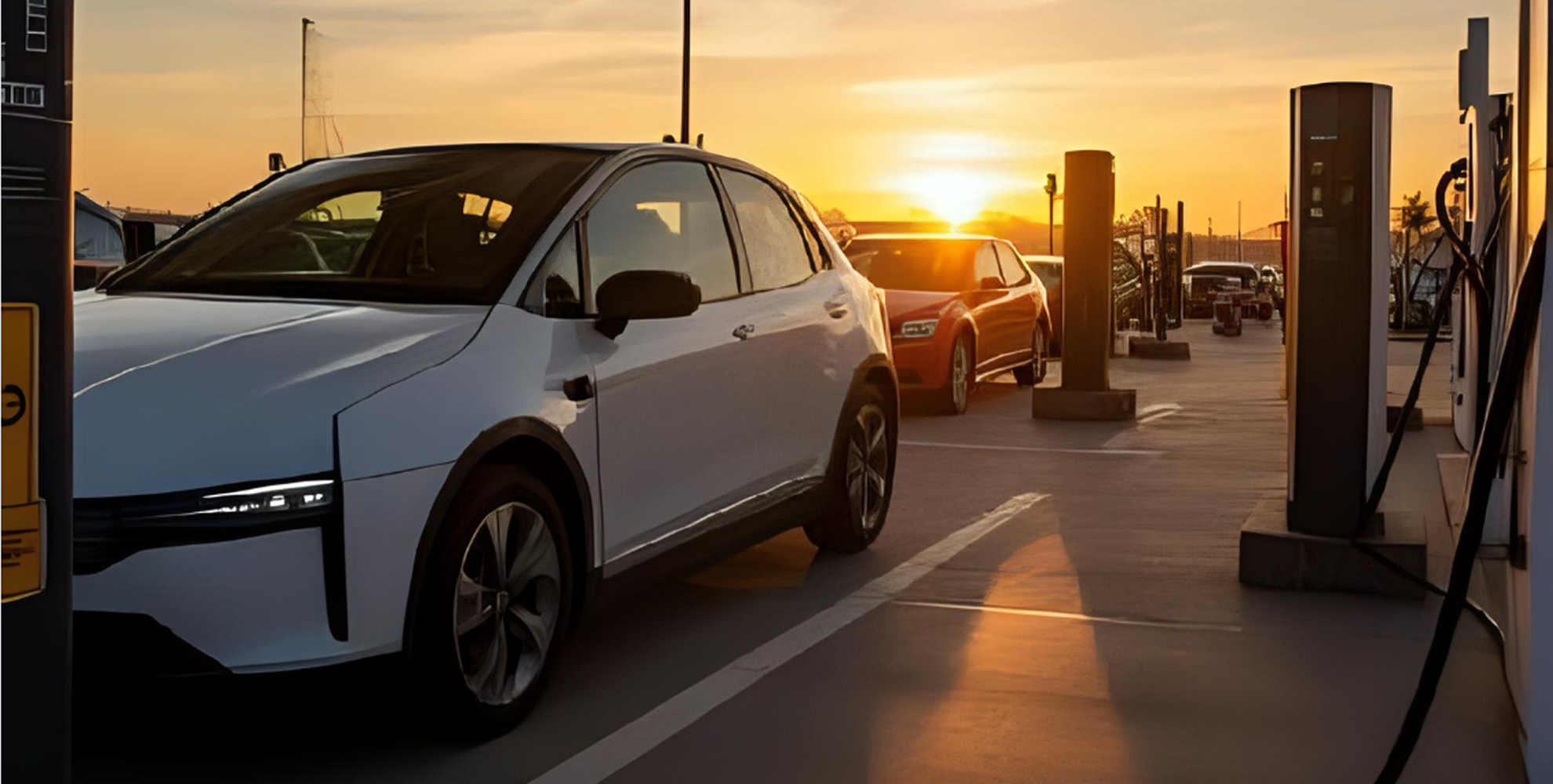format_quoteCarTango is Changing the Game — Want In?
Be among the first to know — and get exclusive perks at launch.Launching Soon
 access_time_filled
Become an Early-bird
access_time_filled
Become an Early-bird
 access_time_filled
Become an Early-bird
access_time_filled
Become an Early-bird

The UK government’s latest Spring Statement has set the motoring world talking — and not entirely in a good way. Announced by the Chancellor on 26 March 2025, the measures end one of the biggest perks of electric vehicle (EV) ownership and introduce new costs that have left many drivers and industry experts questioning whether the country’s net-zero ambitions are still on track.
For years, EV drivers have enjoyed exemption from Vehicle Excise Duty (VED) — more commonly known as road tax. But from April 2025, that exemption disappears. Not only will all EVs pay the standard annual rate, but pricier models will be hit with an additional “expensive-car” supplement if their list price exceeds £40,000.
While the government says the move is about fairness — ensuring all road users contribute equally — critics warn it could slow adoption just when EV sales need a boost.
Until now, EV ownership offered clear financial advantages beyond lower running costs and environmental benefits. The absence of road tax was a tangible incentive for drivers weighing up whether to go electric, especially when set against the often-higher purchase price of an EV compared to a petrol or diesel equivalent.
The expensive-car supplement, in particular, has caused a stir. It applies for the first five years of a vehicle’s life and adds hundreds of pounds annually to the bill. For EV buyers already grappling with rising electricity prices at public chargers, insurance hikes, and in some cases slower-than-expected depreciation, the new tax changes feel like a squeeze.
Industry analysts say the timing is puzzling. With 2035 set as the cut-off for new petrol and diesel car sales, the coming decade is critical for ensuring infrastructure, incentives, and public confidence all move in the same direction. Many feel this policy change could do the opposite.
Several voices from across the automotive sector have spoken out in the days since the announcement, urging ministers to rethink.
Dealership groups, too, have expressed concern, noting that the removal of tax perks may push some buyers back towards the used petrol and diesel market, where prices remain relatively competitive and choice is abundant.
Environmental campaigners are also uneasy. While they acknowledge the need to maintain government revenue as fuel duty declines, they argue the focus should be on incentivising cleaner vehicles rather than taxing them in line with high-emission models.
The Spring Statement’s impact is magnified by ongoing issues with charging infrastructure. Earlier this month, MPs on the Public Accounts Committee criticised the pace and consistency of charger rollout. They highlighted “patchy” coverage, especially outside major cities, and pointed out that the government’s own targets for rapid charger installations are behind schedule.
For drivers without off-street parking, the lack of reliable public charging can be a deal-breaker. Add new annual costs into the mix, and the case for going electric becomes harder to make for those still on the fence.
The Treasury maintains that the road tax change is about fairness, not discouragement. In their view, all motorists use the roads and should contribute to their upkeep. They also argue that EV running costs will still be lower overall, thanks to cheaper “fuel” and reduced maintenance needs compared to combustion-engine vehicles.
Officials also point to wider investment in charging infrastructure, including commitments to improve access in rural areas. However, sceptics note that many of these pledges are long-term, while the tax changes bite from April this year.
If you’re considering an EV in 2025, the headline is simple: the cost of ownership is going up. The loss of road tax exemption means budgeting at least £190 a year (based on current VED rates), with an extra £390 annually for cars over the £40,000 mark.
While this may not be a deal-breaker for every buyer, it does reduce the financial advantage EVs once enjoyed. In the used market, the changes could even make older EVs — which escape the expensive-car supplement after five years — more attractive.
For dealers and private sellers, the key will be adjusting expectations. Buyers may be more price-sensitive, particularly for higher-value models that now face the supplement. Highlighting other cost savings, such as lower servicing bills and home-charging advantages, could help soften the blow.
It may also be worth promoting EVs that fall under the £40,000 threshold, which are now positioned more competitively in the total-cost-of-ownership equation.
The debate over EV taxation is unlikely to end here. As the UK edges closer to the 2035 petrol and diesel sales ban, the government faces a tricky balancing act: maintaining road funding while also accelerating the shift to cleaner transport.
For now, the message to potential buyers is clear — factor in these changes when doing the maths, and keep an eye on how the market responds. For the industry, it’s a reminder that policy shifts can have immediate and lasting effects on buyer confidence.
One thing is certain: the road to net zero just got a little bumpier.